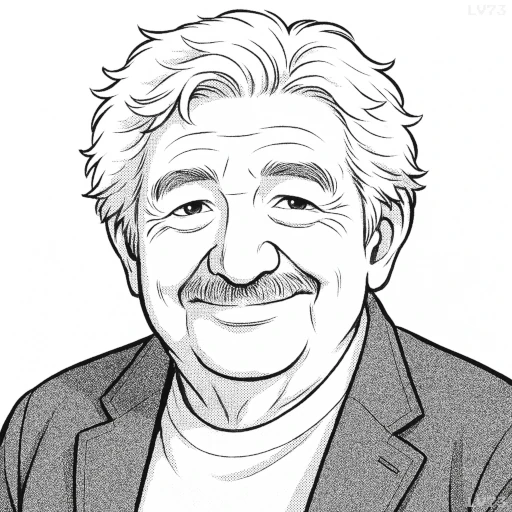“I don’t want to be an apologist for poverty, but I can’t stand waste, useless spending, wasted energy and having to live squandering stuff.”

- May 20, 1935 – May 13, 2025
- Uruguayan
- Politician, Former President of Uruguay, Former Guerrilla Fighter, Advocate for Simple Living
table of contents
Quote
“I don’t want to be an apologist for poverty, but I can’t stand waste, useless spending, wasted energy and having to live squandering stuff.”
Explanation
In this quote, José Mujica draws a critical distinction between poverty and voluntary simplicity, rejecting both the glorification of deprivation and the excesses of consumer culture. By stating he doesn’t want to be “an apologist for poverty,” he acknowledges the real suffering that poverty entails. However, he emphasizes his deep moral opposition to waste—not only as an ethical issue, but as a profound failure of how modern societies allocate their wealth and resources.
The repetition of words like “waste,” “useless,” and “squandering” conveys Mujica’s dismay at the inefficiency and irresponsibility of affluent lifestyles, where abundance often leads to thoughtless consumption. For him, waste is not a sign of prosperity—it is a symptom of disconnect, where people consume far more than they need at the cost of the planet and human dignity. His vision is one of deliberate moderation, not enforced scarcity.
This message is particularly relevant today, as environmental crises and economic inequality deepen. Mujica’s words serve as a call to rethinking how we define a good life—urging societies to embrace responsibility, sustainability, and mindful consumption, rather than equating progress with material surplus. It is a philosophy that values dignity over indulgence, and purpose over excess.
Would you like to share your impressions or related stories about this quote in the comments section?


